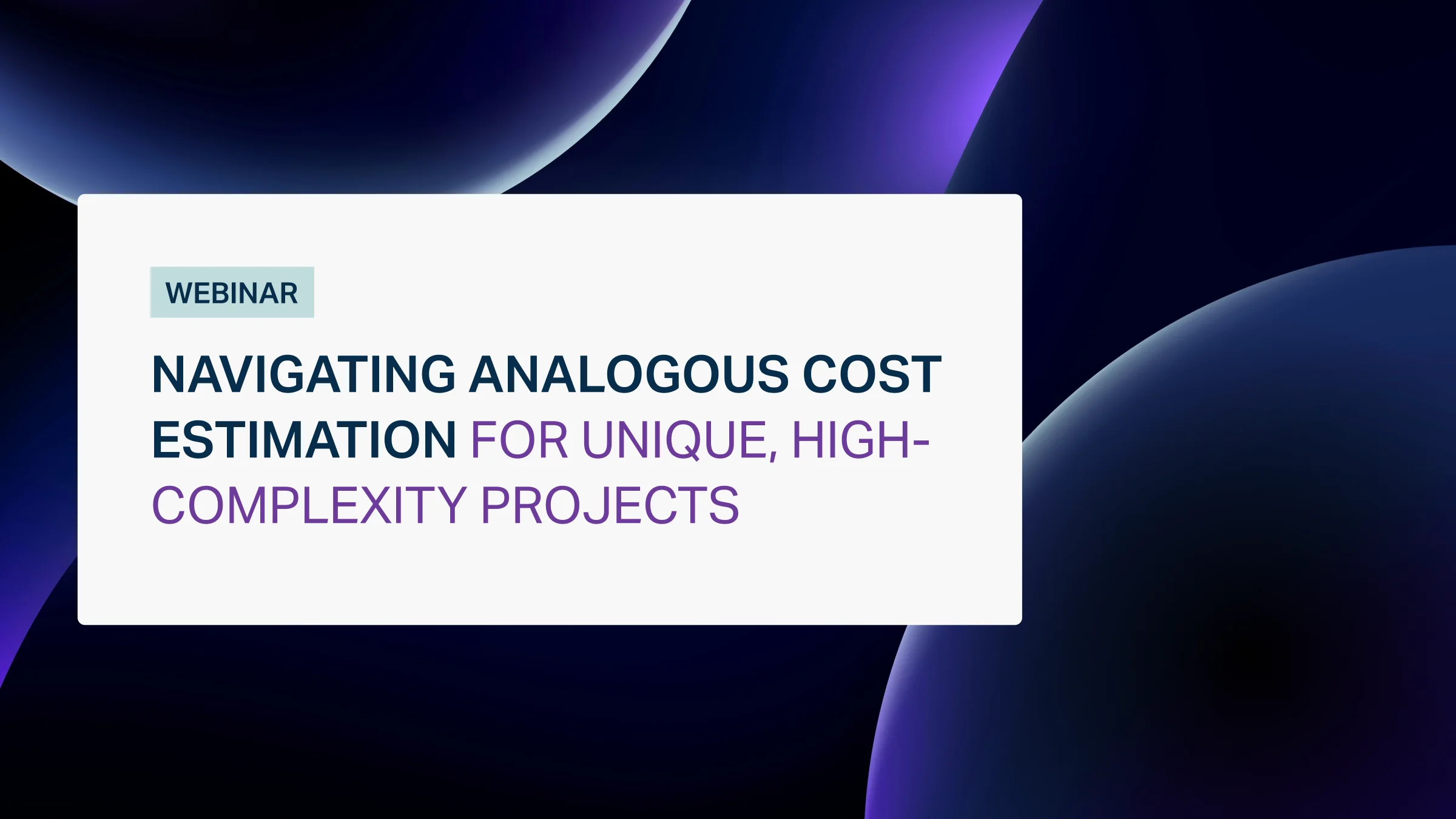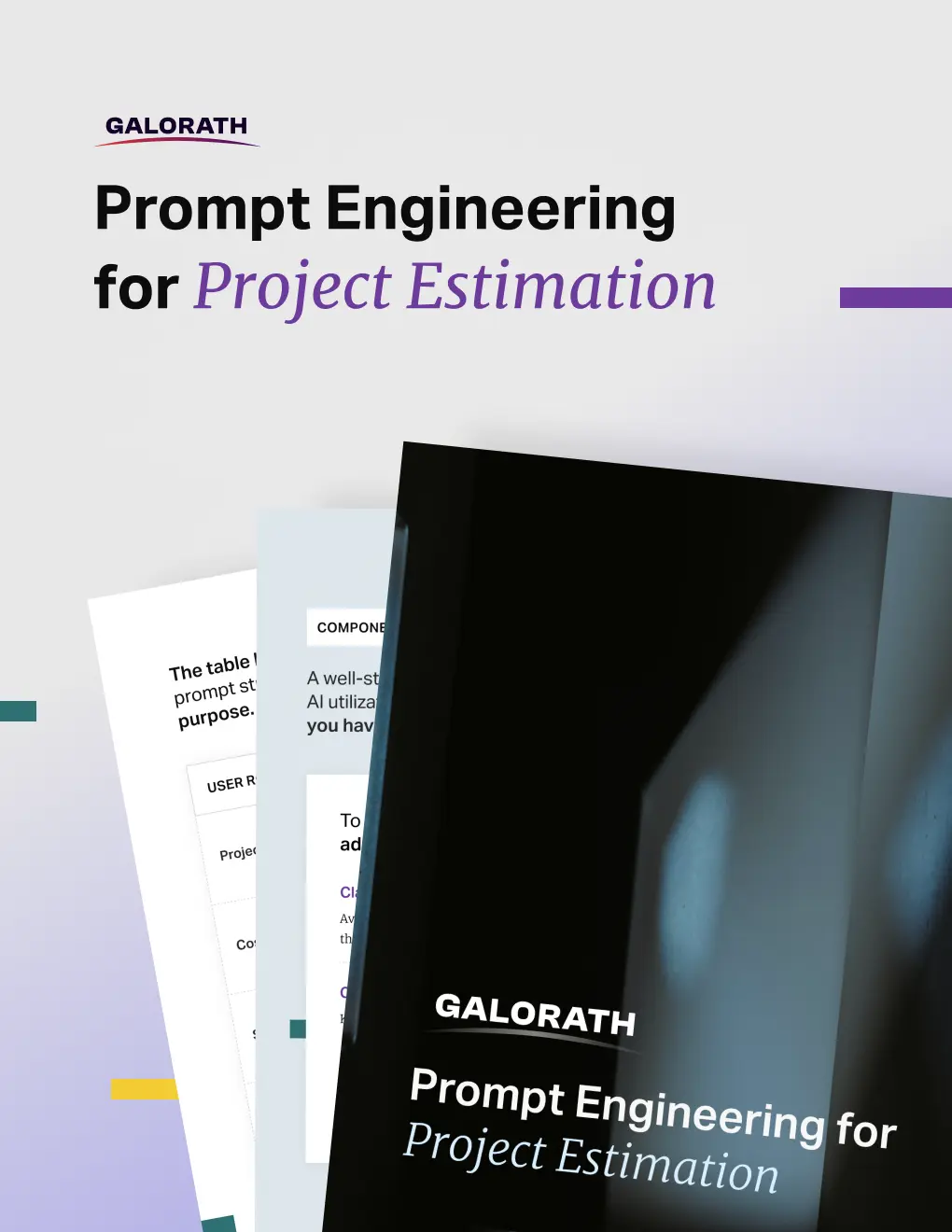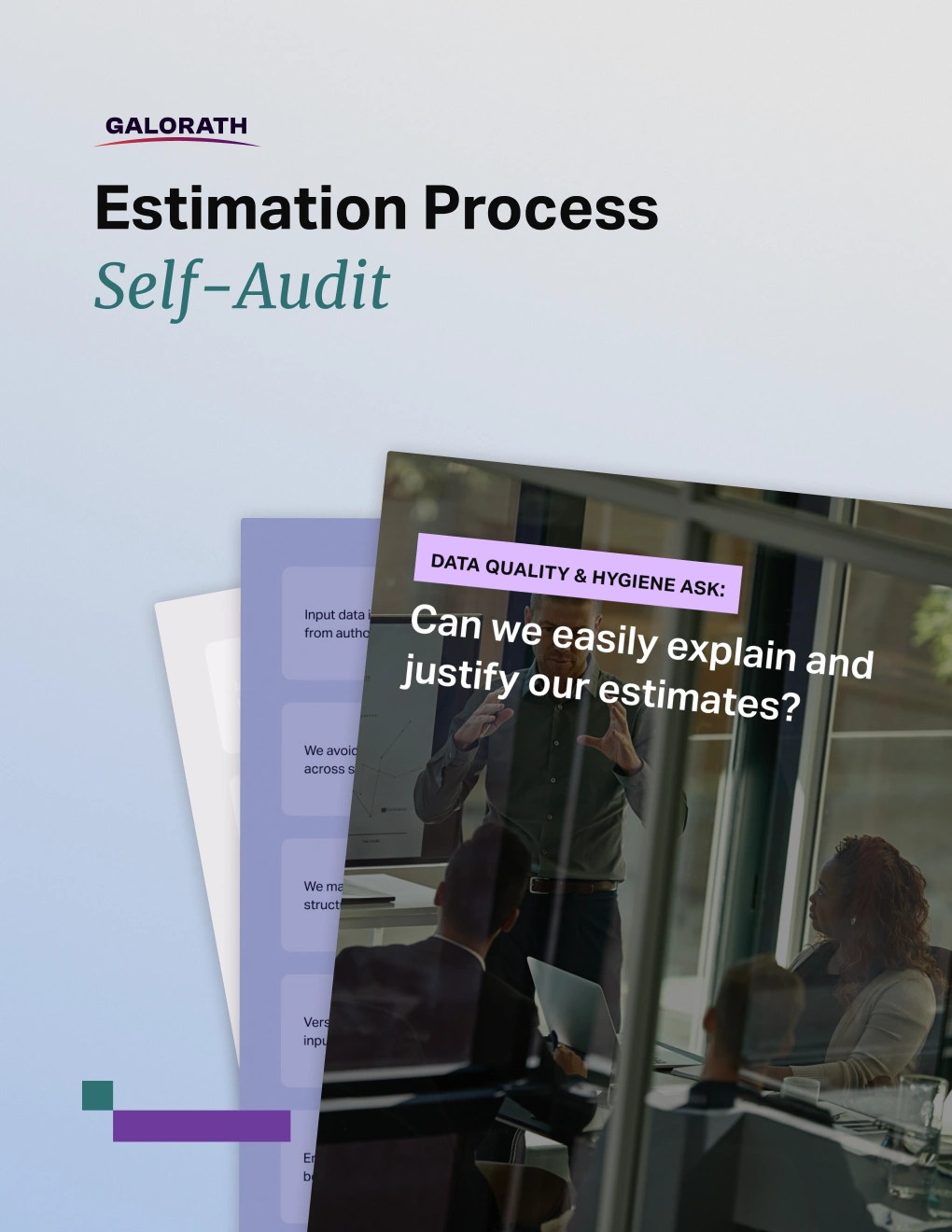Mastering Cost Risk with the CRED Model: A New Approach to Managing Uncertainty

Delivering projects on time and within budget is a challenge every project manager faces. To achieve this goal, a strong project controls framework is essential. Project controls encompass the processes, and the tools used to monitor and guide project performance, ensuring that cost, schedule, and scope stay aligned with project objectives. Central to this framework is cost estimation, a critical process that helps predict and manage the financial resources required for project success.
In this blog, we’ll explore the connection between project controls and cost estimation, and how they work hand in hand to keep projects on track.
What Are Project Controls?
Project controls involve a comprehensive set of activities designed to ensure that projects are completed efficiently. These activities include cost management, schedule management, risk analysis, quality assurance, and change management. The key to effective project controls lies in real-time tracking and analysis, which allow project managers to make informed decisions and adjust as needed.
One of the cornerstones of project controls is cost estimation. Without a well-structured approach to estimating costs, projects can easily experience budget overruns, scope creep, and delays. A solid cost estimate provides a financial framework that guides decision-making throughout the project’s lifecycle.
Why Accurate Cost Estimation Matters
Cost estimation lays the foundation for the financial aspects of a project. It helps determine the resources—such as labor, materials, and equipment—required at each stage. An accurate cost estimate provides a roadmap for budgeting, enabling better planning and resource allocation.
Key Benefits of Accurate Cost Estimation:
- Effective Budgeting: Detailed estimates help allocate the necessary funds for each project phase, ensuring that no part of the project is underfunded.
- Risk Management: Anticipating costs helps identify potential financial risks, giving project managers the opportunity to mitigate unforeseen expenses with contingency planning.
- Enhanced Decision-Making: Realistic cost estimates allow for better resource management, whether that’s adjusting staffing, renegotiating with vendors, or reallocating budget during the project.
- Stakeholder Trust: Transparent, accurate estimates help build stakeholder confidence by providing a clear financial picture of the project.
Integrating Project Controls with Cost Estimation
For successful project execution, cost estimation and project controls must be tightly integrated. This integration enables project teams to track actual costs against estimated budgets in real time and adjust accordingly. Here’s how cost estimation fits into the larger project control ecosystem:
1. Planning and Forecasting
Cost estimation starts at the planning stage, laying the foundation for project budgeting. Solutions, like SEER from Galorath, allow teams to create detailed cost estimates based on the project’s scope, labor requirements, material costs, and other essential factors. Early cost estimation is vital for aligning budgets with project goals and setting realistic financial expectations.
2. Ongoing Monitoring and Adjustments
Once the project is underway, project controls provide the means to track costs and performance in real time. This allows managers to compare actual costs with estimates throughout the project lifecycle. Integrating cost estimation solutions into the project control framework enables live data analysis, helping teams make timely adjustments that keep the project within budget.
For example, if a particular phase of the project is running over budget, the project controls system will flag the issue, allowing the team to either reallocate resources or adjust the project timeline. This ongoing monitoring ensures that financial performance stays aligned with initial estimates.
3. Managing Scope Changes
No project is immune to change, whether due to evolving client requirements or unexpected challenges. Change management is an essential component of project controls, and cost estimation plays a significant role in assessing the financial impact of changes. When the project scope changes, updating cost estimates ensures that budgets remain accurate and that any additional funding requirements are addressed promptly.
Using SEER Solutions for Enhanced Project Control
SEER® by Galorath offers a suite of solutions designed to improve both cost estimation and project controls. SEER helps project teams create detailed estimates and provides the real-time monitoring necessary for effective project controls.
With SEER, you can:
- Develop detailed cost estimates based on project scope and complexity
- Track project performance against key financial metrics
- Integrate real-time data to manage costs throughout the project lifecycle
- Adjust cost estimates to reflect changes in project scope or unexpected challenges
By combining robust cost estimation with comprehensive project controls, SEER helps organizations stay on budget, deliver projects on time, and minimize risk.
Cost Estimation and Project Controls Work Together for Success
Achieving project success requires more than just careful planning; it requires the ability to track and adjust costs throughout the entire project lifecycle. By combining cost estimation with a robust set of project controls, teams can ensure that they have the financial insight and flexibility needed to complete projects on time and within budget.
If you want to learn more about how Galorath’s SEER software can help your organization improve cost estimation and project controls, schedule a personalized demo.
10-Step Estimation Process Checklist
View our 10 Step Estimating Process Checklist. This checklist should be tuned to the individual company’s needs and suggestions.
Estimating Total Cost of Ownership (TCO)
Find out how you can use Total Cost of Ownership (TCO) model to create an estimate which includes all the costs generated over the useful life of a given application.
Should Cost Analysis
Learn how Should-Cost Analysis can identify savings opportunities and drive cost efficiency in procurement and manufacturing processes.
ROM Estimate: The First Step Towards a Detailed Project Plan
Find out what ROM (rough order of magnitude) estimate is and why is it a crucial element of every project planning cycle.
Software Maintenance Cost
Find out why accurate estimation of software maintenance costs is critical to proper project management, and how it can make up to roughly 75% of the TCO.













